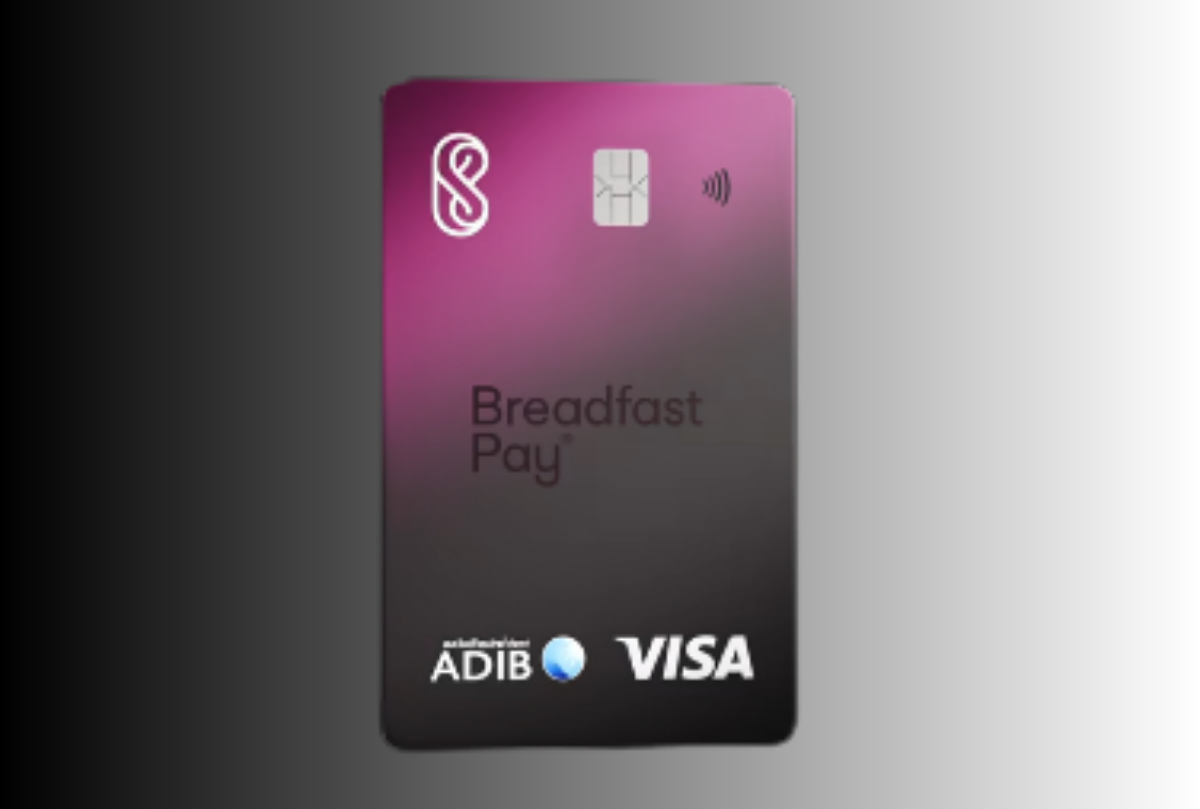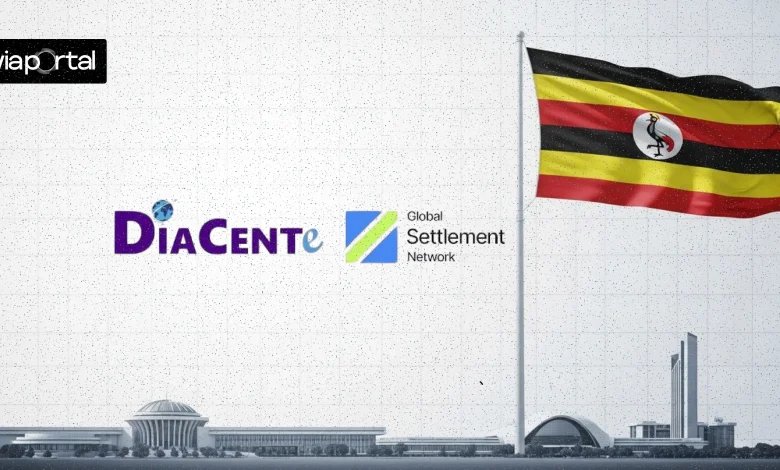dLocal, a Latin American fintech unicorn based in Montevideo, Uruguay, recently announced its intention to acquire AZA Finance, an Africa-focused cross-border payments and foreign exchange (FX) startup, for approximately $150 million.
This move, pending regulatory approval, marks dLocal’s first major acquisition in Africa and signals a strategic bet on the continent’s fragmented and often inefficient FX system.
But why is a Latin American company, already a leader in emerging markets, investing heavily in Africa’s challenging financial landscape?
Let’s explore the motivations, opportunities, and risks behind this bold move.
Africa’s FX System: A Broken Puzzle
Africa’s foreign exchange system is notoriously complex, a patchwork of 54 different currencies, fragmented markets, and regulatory hurdles.
Cross-border payments within the continent are often routed through overseas banks in Europe or North America, as only about 12% of intra-African payments were cleared locally as of 2017.
This inefficiency adds an estimated $5 billion annually in transaction costs, according to the Society for Worldwide Interbank Financial Telecommunication (SWIFT).
For example, a payment from Ghana to Côte d’Ivoire might involve converting the Ghanaian cedi to euros via a European bank, then converting again to the CFA franc, incurring multiple fees and delays.
READ ALSO:
What the dLocal, Airtel, and Google Partnership Means for Businesses and Consumers in Kenya
Currency volatility further complicates the picture. Many African currencies, like the Nigerian naira or South African rand, are prone to sharp fluctuations due to economic instability, commodity price swings, and speculative trading.
In 2016, global foreign exchange transactions were valued at $375 trillion, with over 80% involving speculative “round trip” flows, often destabilising local currencies.
For businesses and individuals, this creates a high-risk environment for cross-border trade, remittances, and investments.
The African Continental Free Trade Area (AfCFTA), launched in 2021, aims to address some of these issues by reducing tariffs and harmonising trade policies across a market of 1.3 billion people.
However, the FX system remains a significant barrier to unlocking the continent’s trade potential. This is where companies like dLocal see an opportunity to step in.
dLocal’s Play: Fixing the FX Gap
Founded in 2016, dLocal has built a reputation as a cross-border payment platform that connects global merchants to emerging markets, processing over $25.6 billion in payments in 2024 alone. Already operating in 12 African countries through partnerships with firms like iTransfer and Airtel Money, dLocal is no stranger to the continent. However, its acquisition of AZA Finance, a fintech that has facilitated over 15 million transactions and transferred $9 billion since 2013, signals a deeper commitment to tackling Africa’s FX challenges head-on.
1. Strategic Expansion into a High-Growth Market
Africa’s digital economy is booming, driven by a young, tech-savvy population and increasing smartphone penetration.
With 1.4 billion people, the continent offers untapped potential for global merchants, yet many are deterred by payment complexities. dLocal aims to bridge this gap by leveraging AZA Finance’s expertise in local currencies and markets.
This aligns with a broader trend of Latin American fintechs expanding into Africa. Companies like EBANX have also targeted the continent, betting on the digital shift in shopping behaviour.
2. Enhancing FX and Treasury Capabilities
One of the key benefits of the acquisition is the enhancement of dLocal’s treasury operations and Over-the-Counter (OTC) FX capabilities. AZA Finance’s infrastructure allows for more efficient currency conversions, reducing the reliance on expensive intermediaries. This is critical in a region where businesses often face high costs and delays due to multiple currency conversions.
3. Boosting Remittance and Payout Efficiency
Remittances are a lifeline for many African economies, yet the process is often slow and costly. dLocal’s acquisition of AZA Finance will enhance its remittance vertical, enabling faster and cheaper cross-border transfers.
This is particularly significant for a company that already serves 1.5 million users through AZA Finance’s platform. Improved payout efficiency will also benefit global merchants paying local staff, partners, or customers in their preferred currencies, a service dLocal already provides in 40 countries.
Why Africa? Lessons from Latin America
dLocal’s interest in Africa isn’t just about market potential; it’s also about applying lessons learnt in Latin America.
The two regions share historical similarities: low financial inclusion, cash-dominated economies, and fragmented payment systems.
Latin America has made significant strides in digital payments, with fintechs like Nubank serving 70 million customers and alternative finance growing ninefold to $6 billion between 2017 and 2020.
dLocal itself listed on Nasdaq in 2021, reaching a valuation of $16 billion by addressing these challenges in Latin America.
Africa, while lagging behind, is on a similar trajectory. Internet penetration is rising, and mobile money platforms like M-Pesa have already simplified payments in countries like Kenya.
READ ALSO:
How dLocal’s Latest Partnership Enhances Foreign Exchange and Cross-Border Payment Solutions in Key African Markets
dLocal sees an opportunity to replicate its Latin American success by offering localised payment solutions that global merchants need to tap into African markets.
A Billion-Dollar Bet on Africa’s Future
dLocal’s $150 million acquisition of AZA Finance is a calculated bet on Africa’s broken FX system and its immense potential for growth.
By combining dLocal’s global reach with AZA Finance’s local expertise, the company aims to unlock new revenue streams for global merchants, streamline cross-border payments, and empower African businesses and consumers.
As Africa’s digital economy continues to evolve, dLocal’s investment could pave the way for more Latin American fintechs to enter the continent, fostering greater financial inclusion and trade.
Ronnie Paul is a seasoned writer and analyst with a prolific portfolio of over 1,000 published articles, specialising in fintech, cryptocurrency, and digital finance at Africa Digest News.






Leave a Reply